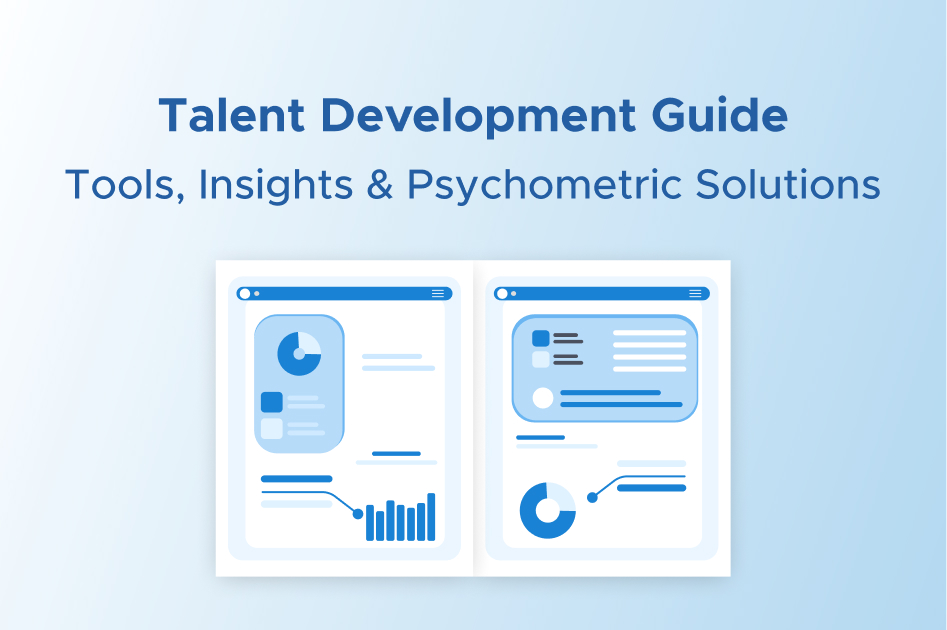How Can Employee Feedback Drive Organizational Success?

In today’s competitive business environment, companies continually search for ways to enhance performance and stay ahead of the curve. One of the most potent tools at their disposal is employee feedback. When harnessed effectively, employee feedback can drive organizational success, improve workplace culture, and foster innovation. This article explores how leveraging employee feedback can significantly benefit organizations across various industries.
The Importance of Employee Feedback
Employee feedback involves gathering insights from employees about their experiences, satisfaction, and suggestions for improvement. This feedback can be collected through surveys, one-on-one meetings, or anonymous suggestion boxes. By actively seeking and addressing employee feedback, organizations can:
- Enhance Employee Engagement: Engaged employees are crucial for organizational success as they exhibit higher motivation, commitment, and enthusiasm. Regularly seeking and incorporating employee feedback fosters a sense of value and respect, directly impacting job satisfaction and productivity. When employees feel their opinions matter, they are more likely to be invested in their work, contributing positively to their teams and the organization. Organizations can enhance engagement levels by creating a feedback-rich environment, improving performance, and creating a more cohesive workplace culture. Engaged employees are also more proactive, leading to innovative solutions and a more dynamic work atmosphere.
- Improve Retention Rates: High employee turnover is a significant challenge that can incur substantial costs, including recruitment and training expenses. Organizations that actively address employee feedback and implement their suggestions are more likely to retain their top talent. Providing a platform for feedback helps identify and resolve issues before they escalate into major problems, thereby preventing potential resignations. When employees see that their concerns are taken seriously and addressed effectively, they are likely to remain with the organization. This proactive approach to managing feedback reduces turnover and enhances overall employee satisfaction and loyalty.
- Boost Innovation: Employees bring diverse perspectives and ideas to the table, which can be a valuable source of innovation. Encouraging a culture where feedback is welcomed and acted upon allows organizations to tap into this creative potential. Encouraging employees to share their ideas and suggestions can lead to novel solutions and continuous improvement in processes, products, and services. This open communication and collaboration environment fosters a culture of innovation where employees feel empowered to contribute and experiment. By leveraging employee feedback, organizations can stay ahead of the competition and drive growth through innovative practices and strategies.
- Strengthen Leadership and Management: Effective leadership and management are critical to organizational success. Employee feedback provides valuable insights into how their teams perceive leaders and managers. Understanding employees' perspectives on leadership effectiveness allows organizations to identify areas for improvement and make necessary adjustments. Leaders open to receiving feedback and making changes based on it are more likely to build trust and respect within their teams. This feedback loop helps refine managerial practices, improve communication, and foster a positive work environment. Strengthening leadership through feedback contributes to better team dynamics, enhanced performance, and a more effective organizational structure.
Implementing an Effective Feedback System
To maximize the benefits of employee feedback, organizations should consider implementing the following strategies:
- Establish Clear Channels for Feedback: Create multiple avenues for employees to provide feedback, such as online surveys, suggestion boxes, and regular check-ins. Ensure these channels are easily accessible and user-friendly.
- Encourage Open Communication: Foster a culture of transparency and openness. Employees should feel comfortable sharing their opinions without fear of retribution. Leadership should model this behavior by being receptive to feedback.
- Act on Feedback: Collecting feedback is only the first step. Organizations must analyze the feedback, identify key trends, and take actionable steps to address concerns. Communicate the changes or improvements from employee feedback to demonstrate their input is valued.
- Regularly Review and Update Feedback Processes: Continuously assess the effectiveness of feedback mechanisms and make necessary adjustments. This ensures that the feedback process remains relevant and effective.
Conclusion
Employee feedback is a powerful tool that can drive organizational success by enhancing employee engagement, improving retention rates, boosting innovation, and strengthening leadership. Organizations can create a more dynamic, productive, and successful workplace by implementing effective feedback systems and actively acting on the insights gathered.
Embracing employee feedback benefits the organization and contributes to a more positive and fulfilling work environment for employees. As businesses evolve, leveraging feedback will be essential in maintaining a competitive edge and achieving long-term success.
Related posts
Explore moreEmotional Intelligence Assessments for Recruitment

A Better Approach to Succession Planning Using Assessment Data

